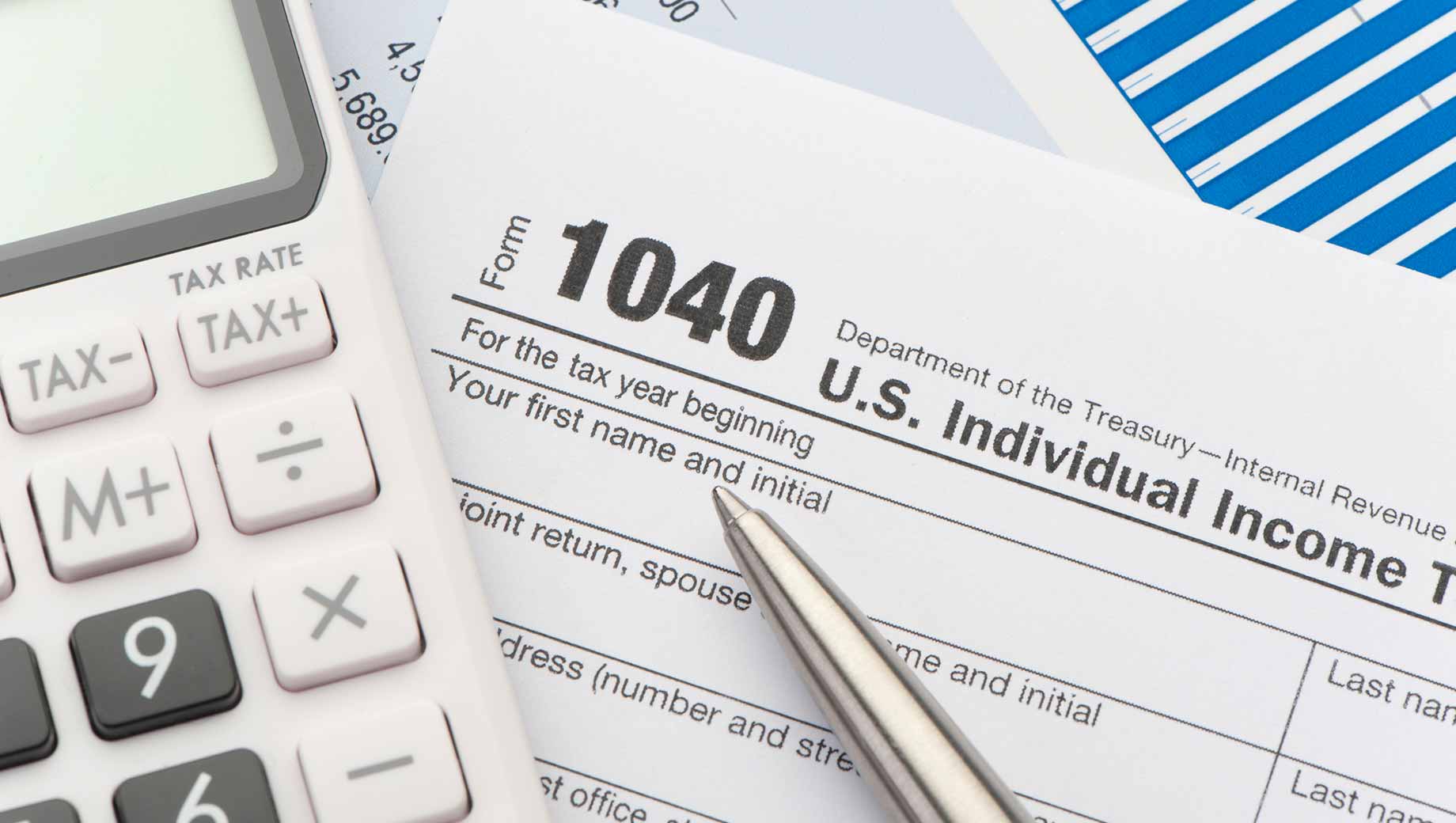According to a recent survey by The Associated Press-NORC Center for Public Affairs Research and the University of Chicago Harris School of Public Policy, the majority of American taxpayers feel that their taxes are excessive and are not satisfied with the benefits they receive. Two-thirds of taxpayers believe they pay “too much” in federal income taxes, and the same is true for state sales tax and local property taxes as tax season approaches.

Photo from Google
AP-NORC Poll: Republicans Discontent with Taxes, Low Confidence in Government Spending
The poll, known as the AP-NORC Poll, indicates that Republicans are more likely than Democrats to view taxes as unfair and to express discontent with the amount they pay. Confidence in institutions utilizing tax dollars is low, with only 16% expressing high levels of confidence in their local school district, compared to a mere 6% for the federal government. Older adults (60 and above) are more likely than younger adults to perceive taxes as fair.
Among those paying federal income taxes, half prefer fewer government services if it means reducing their tax bill, while one-third would maintain current taxes for the same services. Notably, 16% are willing to increase taxes for additional services. Respondents generally express skepticism about the value they receive for their tax payments, with only about 25% considering it a good value.
READ ALSO: Americans Should Expect 10% Increase In Tax Refunds; Why You Should File Your Tax Return Early?
AP-NORC Poll Unveils Tax Confusion and Trust Decline, Yet Differing Views on Fairness
The AP-NORC Poll also highlights a lack of understanding regarding tax calculations, with a small percentage claiming to comprehend how local property tax, federal income tax, and state sales tax are determined. Many participants find federal income tax, local property tax, state income tax, sales tax, and federal Social Security tax to be “unfair.”
Overall, the AP-NORC Poll reflects declining public trust in government and increased political polarization. Despite dissatisfaction, some respondents, like Loretta Mwangi from Baltimore, consider taxes fair and advocate for more support in areas such as education and homelessness. Others, like Danny Velasquez from Boston, trust local government more than federal government with their tax dollars, emphasizing the need for national healthcare and investment in education.

















































